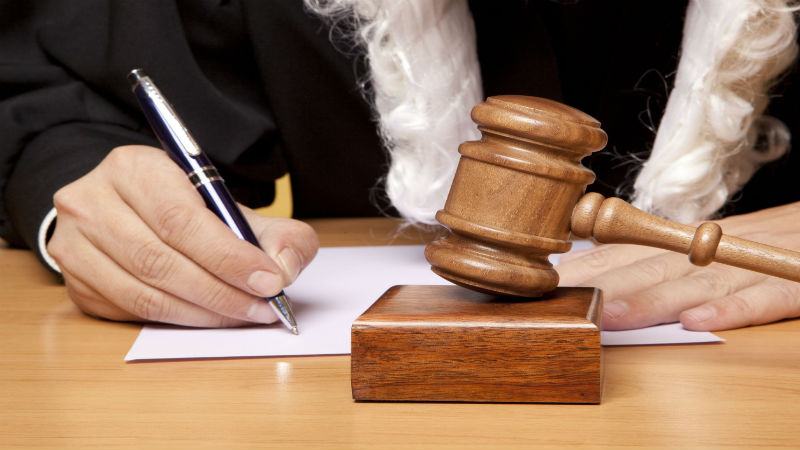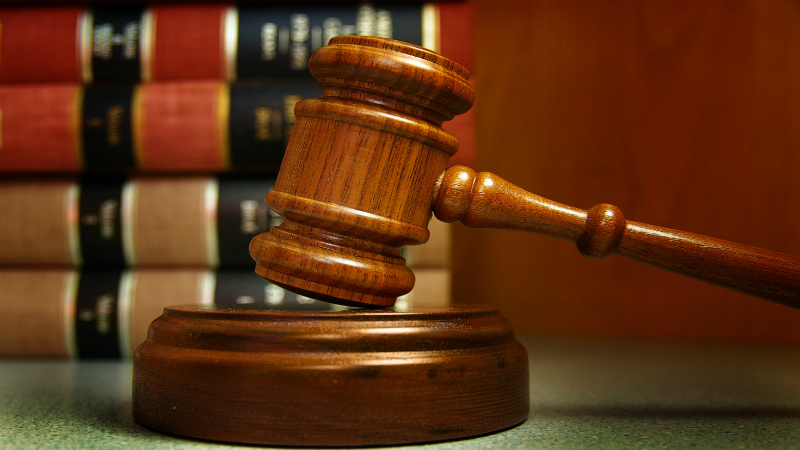Every case of wrongful death is different, the circumstances of death as well as the potential of the deceased is always different.
The first thing that is necessary prior to lodging a suit is for your personal injury lawyer in Auburn CA to thoroughly investigate all the facts. The attorney will talk to the family, learn what he can about the deceased; the way in which he dies, the vocation of the deceased and anything else than can aid him in setting what he believes the damages to claim should be. The general health of the deceased is an important factor as it can be used to forecast the number of employable years the deceased had left. Any information about the person who was responsible for the wrongful death is garnered and if necessary, hiring a private investigator to seek out witnesses and getting their statements may be called for.
Once the personal injury lawyer in Auburn has got all the relevant information, he will now file the complaint. The lawyer must do this in a timely manner as any civil lawsuit has a statute of limitations.
The claim:
Once the lawsuit has been filed in the court, the wrongdoer and any other party considered to be part of the wrongful death will be served notice that a claim has been filed against them. The court will set guidelines for the progress of the case. A wrongful-death suit takes time; it may take a year before the case sees the inside of a court room, but this does not mean the case cannot be resolved in an out-of-court settlement.
Shortly after the case is filed a formal investigation into the facts begins, this phase is called discovery. As the individual who brought the suit, you will be asked to give answers to questions regarding your relationship with the deceased and any information you have about the accident. Your lawyer will work with you as this progresses, in many cases your personal injury lawyer in Auburn can handle discovery for you as he has all the information.
If you are called to give a deposition, you will be advised that all you can say is that which you have personal knowledge of. A deposition is sworn testimony, and you can only give testament to that which you know to be factual.
Once discovery and depositions have happened, the lawyers will submit motions. It is the motions that often times win or lose a case, and it is at this stage a defense attorney may feel he is better off to plea bargain. If the suggested settlement is not favorable to the complainant, the prosecuting attorney will force the case to court where, if the lawyer did his job properly, you will be granted an appropriate award by the jury.

